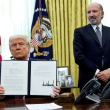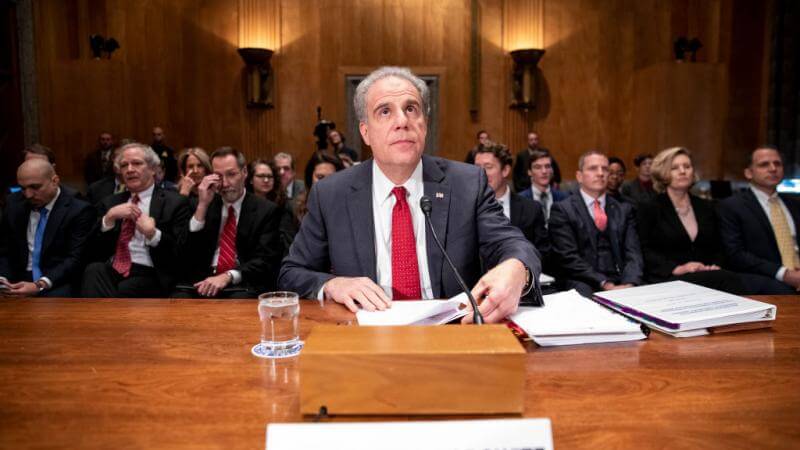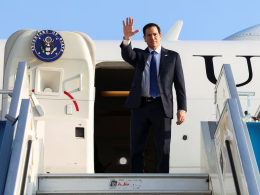The Justice Department spied on two House members and several congressional staffers in a leak investigation without telling the courts, the agency's inspector general found in a sweeping investigation released Tuesday.
As a result, the department obtained phone records from the two members of Congress and 43 staff members including President-elect Donald Trump’s nominee for FBI director, Kash Patel, who worked as a staffer on the GOP-led House Intelligence Committee at the time.
The department initiated the probe to investigate leaks to the media of FBI classified information as part of the now-discredited Trump-Russia probe which had recently been shared with Congress.
Inspector General Michael Horowitz found that the Justice Department, in filings with the court, did not reference “the fact that they related to requests for records of Members of Congress or congressional staffers," despite implicating constitutional separation of powers between two government branches.
Patel, who is poised to become the new director of the FBI if confirmed, previously sued former Trump Justice Department officials and FBI Director Christopher Wray, accusing them of violating his Fourth Amendment right to protection from unreasonable searches and seizures when they tried to obtain Patel's personal records, Just the News previously reported.
Patel said he was completely unaware of the subpoena until December 2022, when Google notified him about it.
Another former staffer, Jason Foster, previously told Just the News that he confirmed that the government successfully asked a federal court to hide its spying on Congress for five consecutive years.
Foster is now the head of the Empower Oversight whistleblower center. In 2017 at the time of the secret surveillance, he was the chief investigative counsel for Sen. Chuck Grassley on the Senate Judiciary Committee.
The seizure of his personal data occurred in 2017 while he worked for the Senate, and ordinarily under the original court order, Foster would have been notified a year later. But because the DOJ sought court approval ex parte to keep its surveillance secret, he wasn’t alerted until earlier this fall, six years after the initial subpoena.
Grassley on Tuesday claimed that the investigation was an example of the Justice Department acting in "bad faith," and urged the incoming Trump administration to fix the ongoing problem.
“It’s plain to see DOJ overstepped its authority here," Grassley said in a statement. "The Justice Department ought to learn from its mistakes and accept accountability, because Congress won’t accept any less. The incoming Trump administration must take steps to ensure these problems … are fixed."










